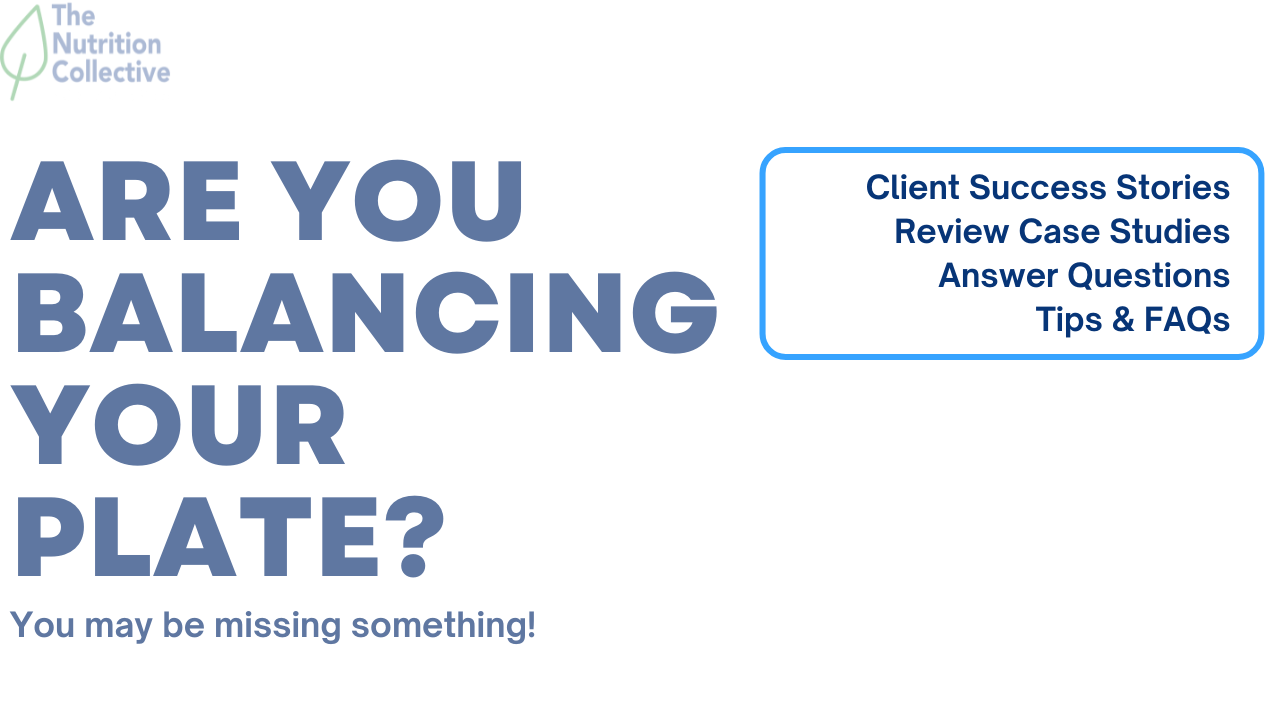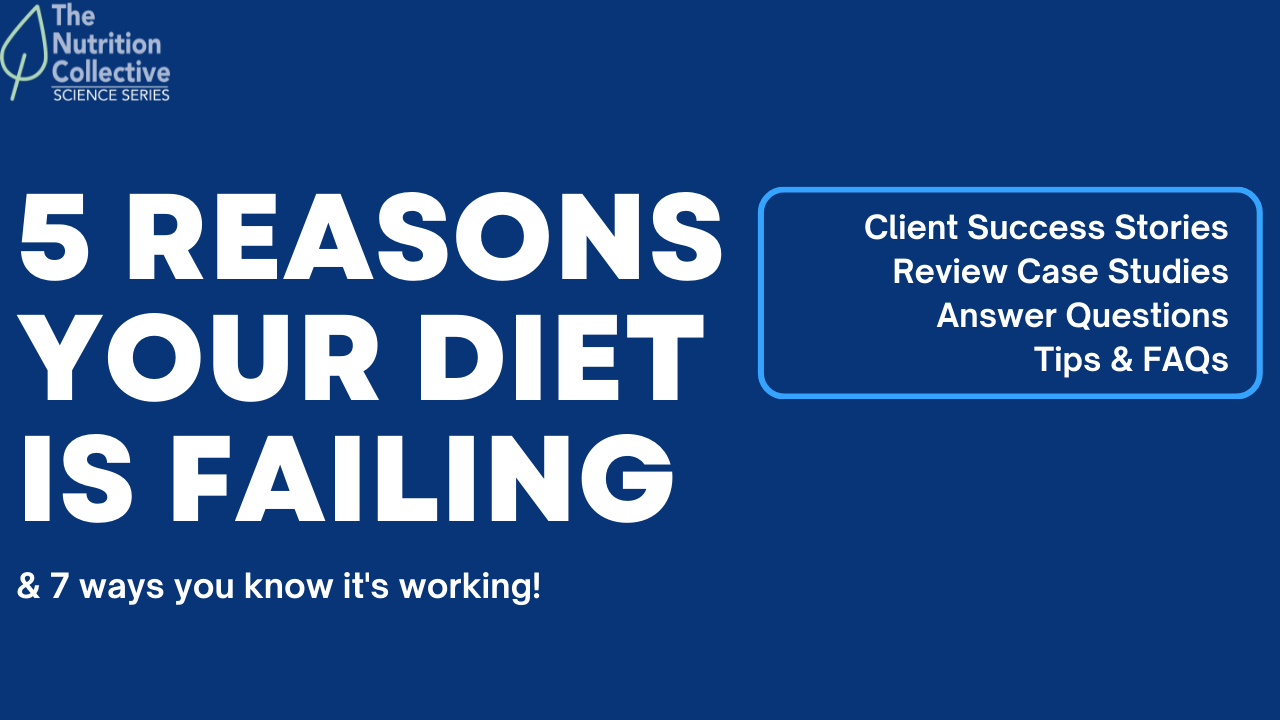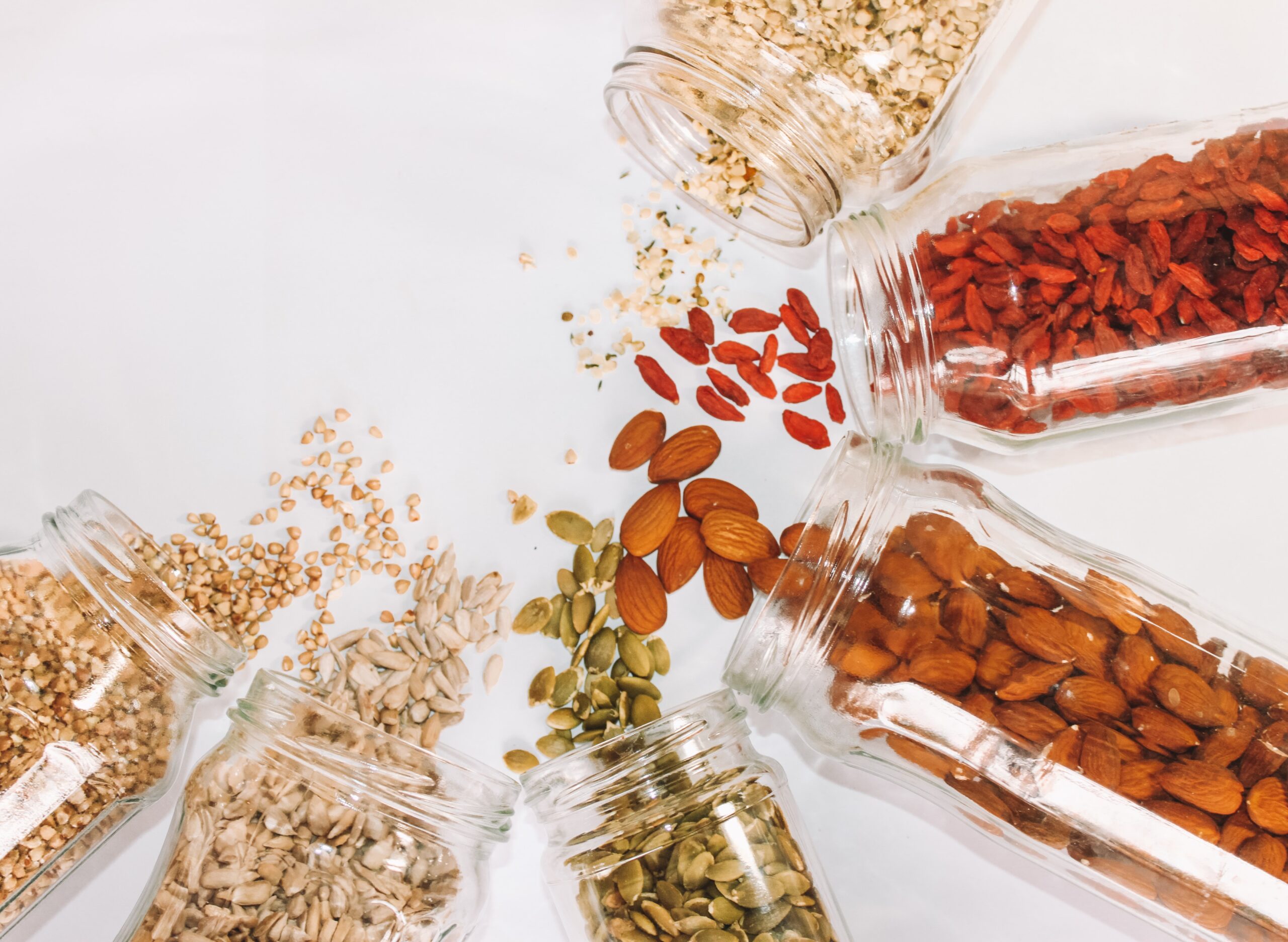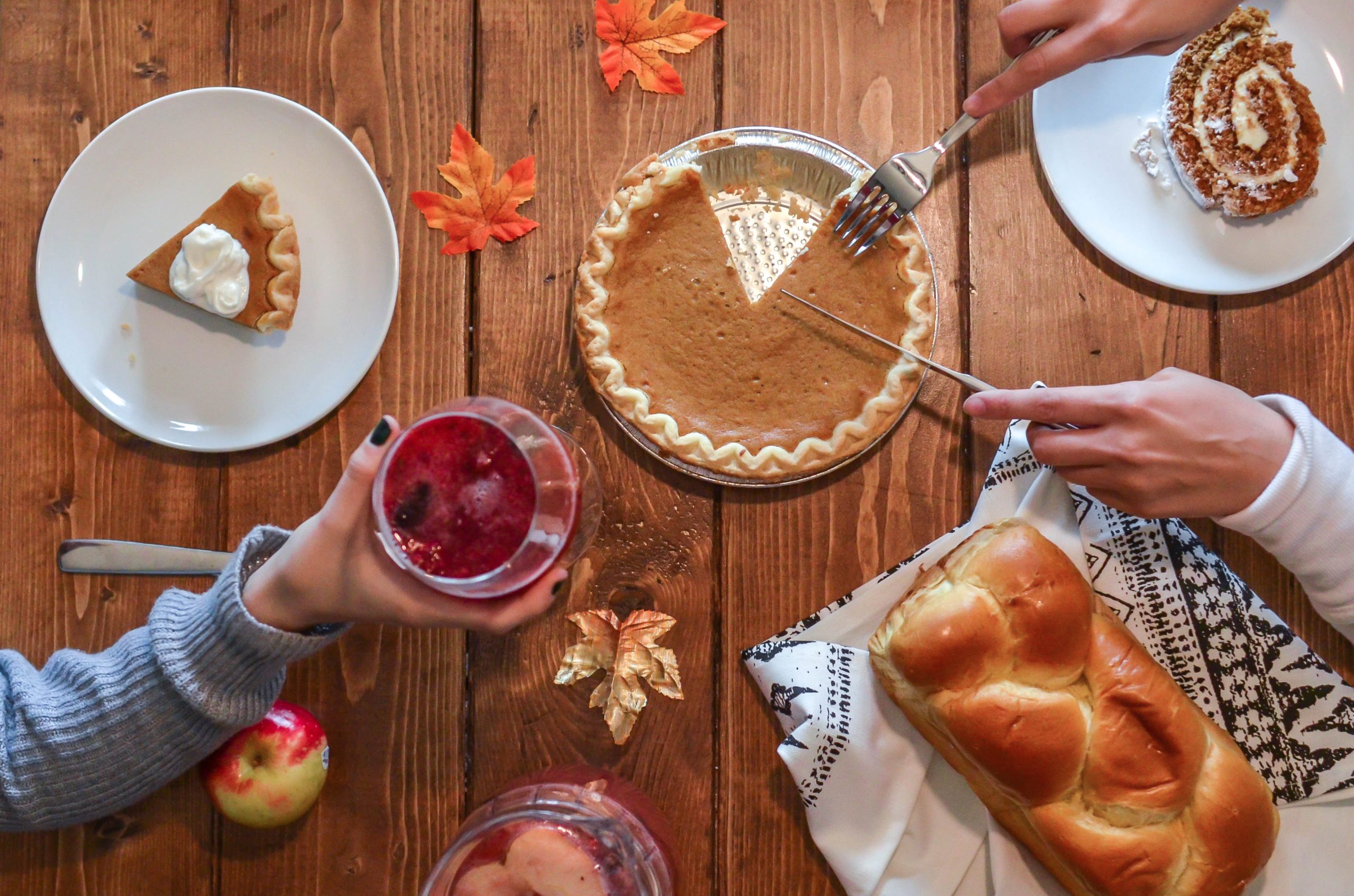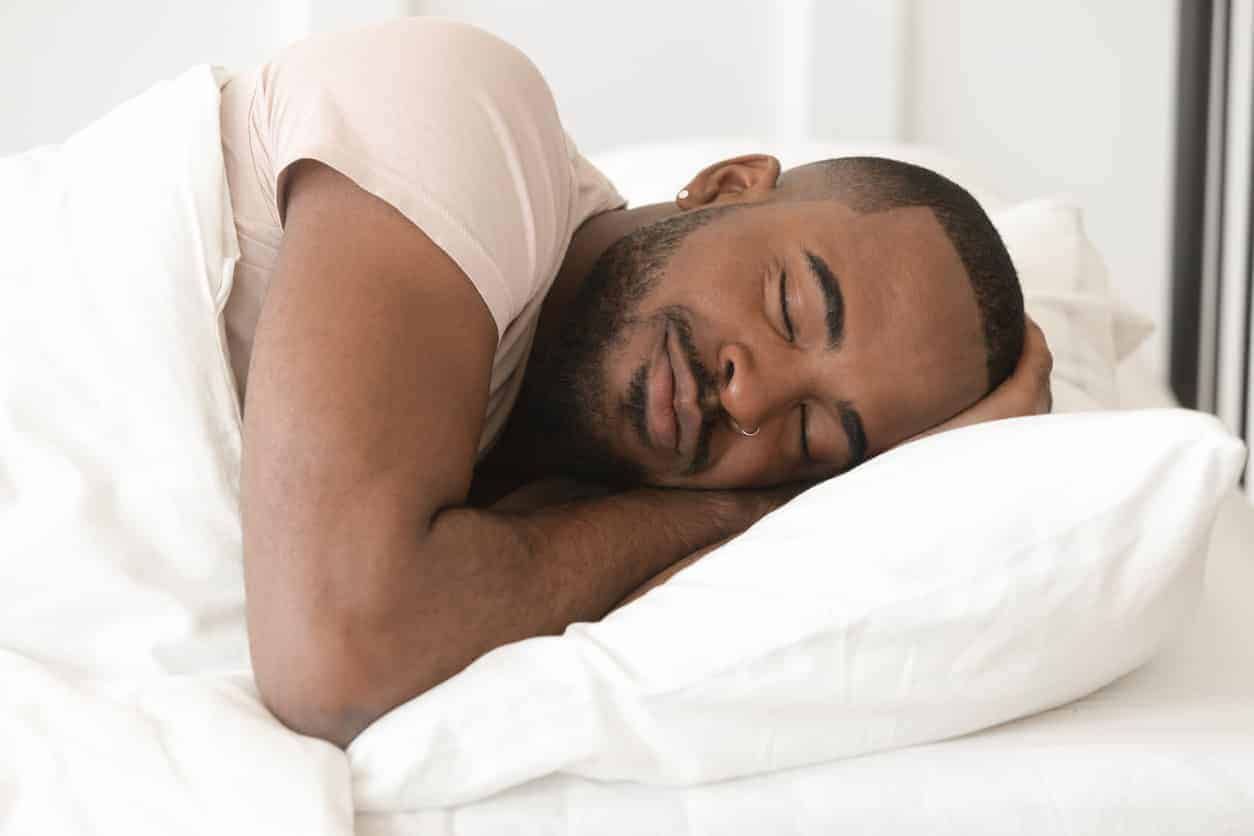
Do you feel like you’ve exhausted every avenue to try to get to sleep at night? It might be your lifestyle! Your daily habits from exercise to nutrition and even other actions that you do throughout the day can have an effect on the way you sleep at night. Whether you’re using your phone too late at night or missing out on some beneficial sleep nutrients, you may learn a thing or two about healthy changes you can make to sleep better below.
The importance of getting a good night’s sleep
Before we get into how to sleep better, we should talk about why you should sleep better.
When you think about it, we sleep an average of 8 hours per day. That one third of our time! It seems crazy to put so much effort into only two thirds of our lives and slack on the last third.
Sleep is a necessity for humans. It’s said that poor sleep can lead to impaired brain function, mood disorders, coronary artery disease, poor immune function, difficulty with blood sugar control, and an increase in body weight. On the other hand, having a good night’s sleep consistently over time can lead to better memory, immunity, exercise performance, and chronic disease prevention (1).
So now that we know the importance of sleep for our health and lives overall, let’s talk about how to get it!
Healthy Habits to Sleep Better

Just a few changes throughout the day can be a game changer at night. Below we’ll go over a few different ways to adjust your environment and lifestyle to get a better night’s rest.
Set the scene
One of the best ways to start feeling sleepy is to get comfy and set the tone. You can do this by making your bedroom your sleep zone. Pick colors and bedding that you feel the most comfortable in, ideally making it a dark and quiet zone. You’ll also want to try to set the scene in the morning by opening up the curtains and making it bright and sunny to wake you up.
Reduce Your Screen Time
Alongside having a dark and cozy sleep zone, you’ll want to try to limit screen time before bed. The bright blue lights can keep you up and even mess with your sleep hormones. The best way to do this is to make your bedroom a screen-free area (2).
Get Into A Good Routine
Our bodies love routines! Having a set schedule allows our bodies to fall into a habit cycle, meaning we experience repeated feelings when we do repeated actions. Setting a good night routine can help signal to your body that it’s time to sleep.
Stress Relief
Feeling stressed? Your body might tell you when you’re trying to sleep! If you find that you have a hard time falling asleep due to tossing and turning, or even cyclical thoughts, you may be stressed out. Try some de-stressing exercises before bed like meditation, yoga, or reading a book to relax and take your mind off stresses that might be stressing you out.
Regular Exercise for Regular Sleep
Exercise might help you fall asleep faster at night if you exercise during the day. It may also help to keep you awake during the day by increasing energy boosting hormones that minimize sleepiness. Additionally, regular physical activity has been shown to reduce the likelihood of becoming overweight, which can aid in the treatment of obstructive sleep apnea (3).
Check In On Your Nutrition
Whether you like it or not, what you eat (and when you eat) can have an affect on your sleep habits. There’s a lot to that, though, so keep reading as we dig into nutrition for sleep.
Eat better to sleep better

Nutrition can play a huge role in your sleep cycle, so try to make sure you’re eating the right foods at the right time to get a good night’s rest!
Be Careful Before Bed
While you should eat if you’re feeling hungry, even if it’s before bed, you should be careful with what you have as a nighttime snack. Foods that are spicy, high in fat, or highly refined carbs can keep you up and cause issues like slowed digestion, heartburn, reflux, and blood sugar spikes. Instead, go for small, nutrient-rich and high fiber bedtime snacks such as fruit, grains, fish, nuts, and veggies which can even help synthesize important sleep hormones (more on that later) (4).
Avoid Stimulants
Caffeine is a stimulant found in coffee, tea, soda, and energy drinks that can keep you awake during the day but also disturb your circadian rhythm and keep you awake at night, as well. Smoking is usually seen as a relaxer but can actually disturb your sleep because nicotine is a stimulant. Also, while alcohol may make you drowsy, it is a stimulant that reduces REM sleep, therefore it can disturb sleep, wake you up during the night, and make you feel tired the next day (5).
Hydrate in a Timely Manner
We’ve all been there before- the middle of the night stumbling to the bathroom is no fun. It’s also not great for your sleep cycle! These disruptive midnight bathroom runs can be avoided by trying not to drink fluids too close to bedtime, around 1-2 hours before. Another important tip- try to go right before you lay down to make sure you don’t get disrupted later on.
Limit High Sugar, and High Fat foods in General
Sugary and fatty foods can disrupt your sleep by causing energy spikes and GI issues. Try reducing your intake of these foods by replacing them with recipes that are rich in fruit, vegetables, lean proteins, healthy fats (found in plants and seafood) and whole grains (4).
Eat Nutrients for Better Sleep
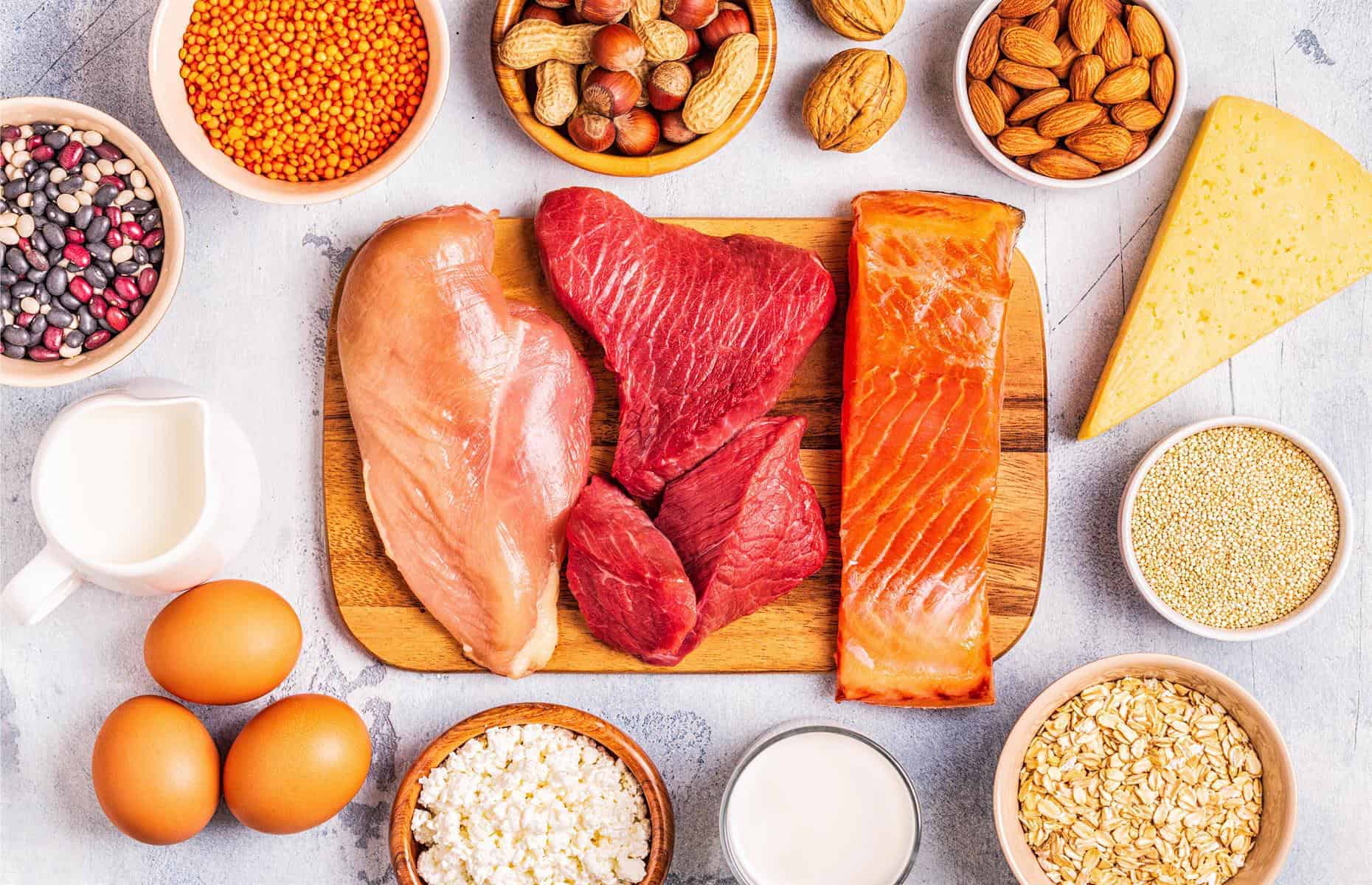
There are a few specific nutrients that can support better sleep because of their potential effects on sleep hormones such as serotonin and melatonin. Eating sufficient amounts of the following nutrients can lead to increased amounts and stabilization of sleep hormones to help us get the best night’s sleep possible.
Magnesium
You’ve probably heard of the benefits of magnesium for sleep as it’s one of the most popular sleep aids. Research shows that it has the potential to help with insomnia, increase sleep quality, and even reduce restless leg syndrome in older adults (5). Magnesium can be found in legumes, soy products, nuts and seeds, bananas, and whole grains,
Melatonin
Melatonin, a hormone generated in the brain, is responsible for regulating your circadian rhythm, which is the internal clock in our bodies that informs us when to sleep and when to be awake. Foods high in melatonin include pistachios, walnuts, tart cherries, grapes, strawberries, kiwi, tomatoes, bell peppers and corn (6).
Tryptophan
Tryptophan is an amino acid found in many protein foods that the body uses to make sleep hormones like serotonin and melatonin. Studies even show older adults that ate a high tryptophan diet had higher sleep quality than others (6). Eat more tryptophan in things like turkey, chicken, eggs, nuts, and seeds.
Omega-3’s and Vitamin D
When consumed together, these two nutrients have shown to have the ability to improve sleep, possibly because of its potential to regulate serotonin levels. Foods high in omega-3 fatty acid include fish, flax seeds, and walnuts, whereas foods such as egg yolks, mushrooms, and fortified dairy products are high in vitamin D (6).
B vitamins
Foods rich in B vitamins, including B1, B2, B3, B5, B6, B7, B8, and B12, help to support healthy sleep cycles and sleep hormone function. These foods include animal proteins, dark leafy greens, nuts, seeds, fish, whole grains, and avocados. (6)
Conclusion
Hopefully you can rest easy tonight now that you know just how important sleep is and some tips on how to get it. Still want to learn more about sleep quality and how it interacts with your health? Check out our e-book for sleep knowledge as well as many other interesting and helpful information for health.
Sources
- “The Benefits of Slumber.” National Institutes of Health, U.S. Department of Health and Human Services, 4 Apr. 2018, https://newsinhealth.nih.gov/2013/04/benefits-slumber.
- “How Blue Light Affects Sleep.” Sleep Foundation, 24 June 2021, https://www.sleepfoundation.org/bedroom-environment/blue-light#:~:text=Blue%20light%20suppresses%20the%20body’s,that%20makes%20us%20feel%20drowsy.&text=Being%20exposed%20to%20blue%20light,feeling%20alert%20instead%20of%20tired.
- Andrade, Flávio Maciel Dias de, and Rodrigo Pinto Pedrosa. “The Role of Physical Exercise in Obstructive Sleep Apnea.” Jornal Brasileiro De Pneumologia : Publicacao Oficial Da Sociedade Brasileira De Pneumologia e Tisilogia, Sociedade Brasileira De Pneumologia e Tisiologia, 2016, https://www.ncbi.nlm.nih.gov/pmc/articles/PMC5344097/.
- “Nutrition and Sleep: Diet’s Effect on Sleep.” Sleep Foundation, 6 Nov. 2020, https://www.sleepfoundation.org/nutrition.
- “Using Magnesium for Better Sleep.” Sleep Foundation, 11 Nov. 2021, https://www.sleepfoundation.org/magnesium.
- “Can’t Sleep? These 5 Essential Nutrients Can Help.” Five Essential Nutrients to Help You Sleep, https://www.samhealth.org/about-samaritan/news-search/2020/07/13/five-essential-nutrients-for-better-sleep


